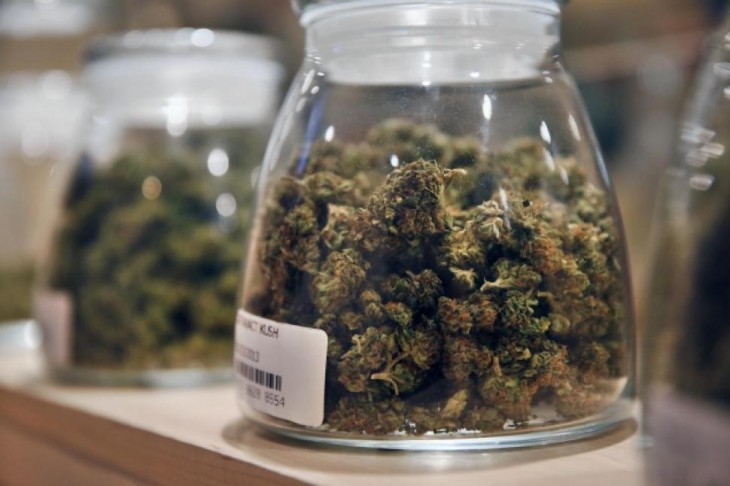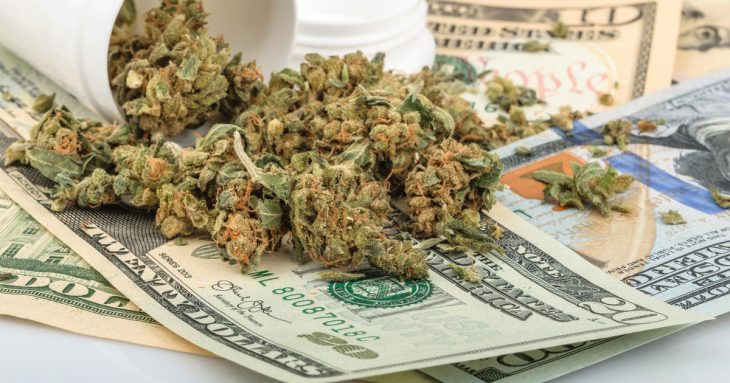This is the best time for the marijuana industry in the US. Weed states number has doubled in the past year from four to eight as all residents in California, Massachusetts, Maine, and Nevada are voting to legalize the usage of cannabis. If Arizona’s vote didn’t fall 2% short, the elections in 2016 November would have had a clean sweep for the industry.
Still federal government, particularly Attorney General Jeff Sessions, who is totally against the legalization of marijuana, is the biggest constraint for the stocks in the marijuana industry. It is larger than those approvals. At the federal level, cannabis is still a Schedule I drug, which means it is highly addictive, illegal, and possesses no benefits medically.
Due to this, the cannabis-based businesses have trouble getting basic services from banks like having a checking account or getting a line of credit from the bank. All banks report to FDIC (Federal Deposit Insurance Corporation), which is a federal entity. Therefore, it is possible that in the future, the government states that any bank dealing with marijuana are money laundering accomplices.
Tax restrictions are also there. The IRS code 280E doesn’t allow businesses, which sell drugs in Schedule I list, to take deductions like normal businesses. Due to this, marijuana businesses would need to pay taxes on gross profits.
Last week, however, the marijuana and pot stocks industry had great news delivered to them, which would add a little bit of clarity to their operations.
With threats of the government shutdown, Congress passed a budget bill of trillion dollars, which would fund the government till September end. Trump made sure to secure some funding for border security and military spending, but Attorney General Sessions didn’t get any money to go after the states where marijuana is legal.
This budget also has a provision that Trump signed, known as the Rohrabacher-Farr amendment. In this amendment, states can formulate medical marijuana policies without any intervention from the federal government. About forty three states are listed in this provision. Therefore, about two dozen states won’t have any kind of intervention from federal government, which is good news for marijuana stocks and the industry as well.
But this is just a short term victory as long as Sessions remains the Attorney General. But nonetheless, it is something that the investors and businesses in the marijuana industry can celebrate.









